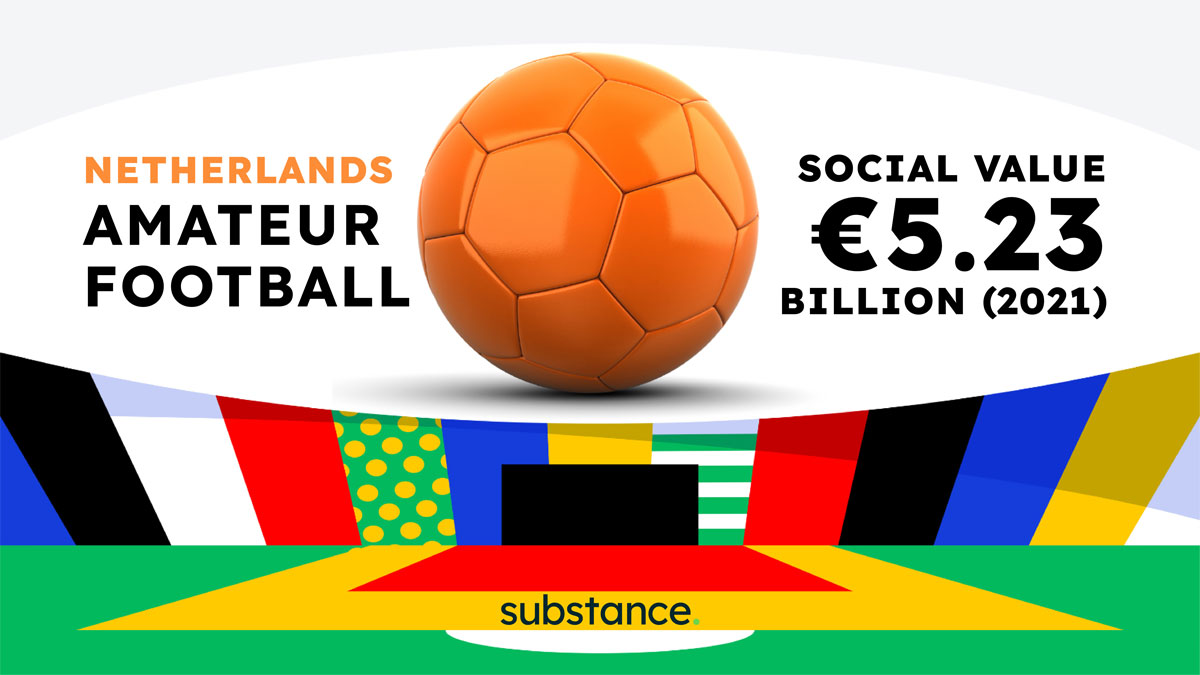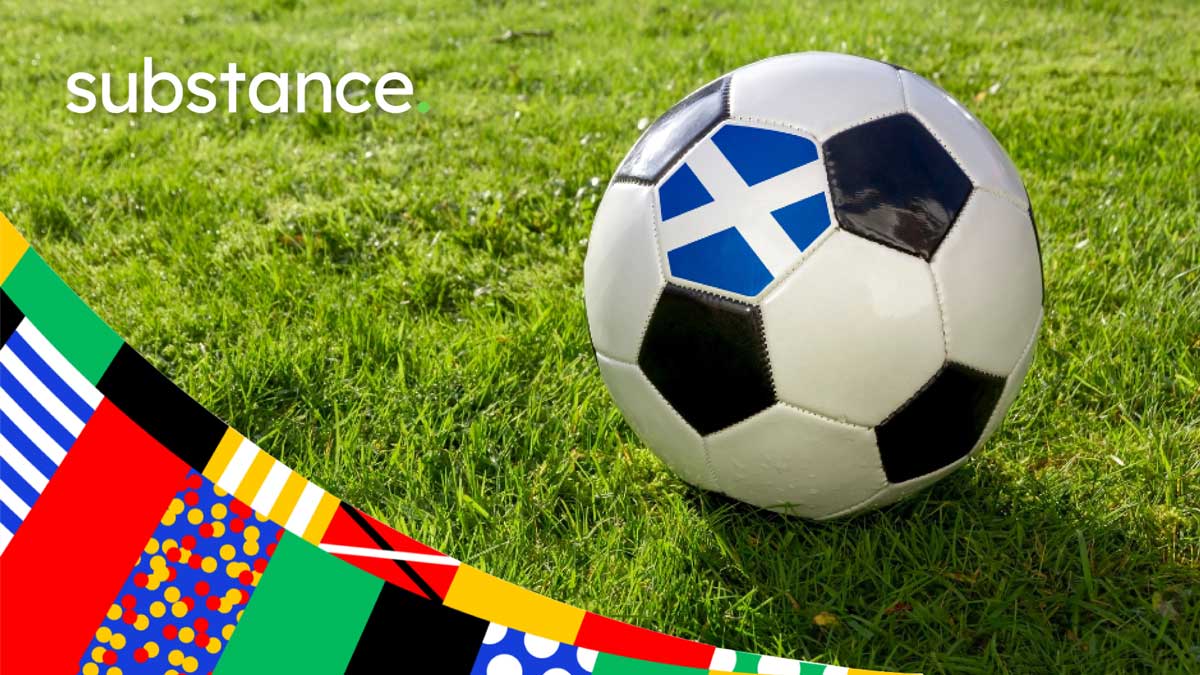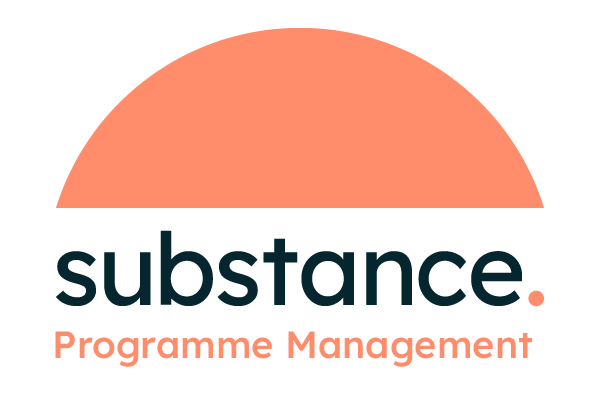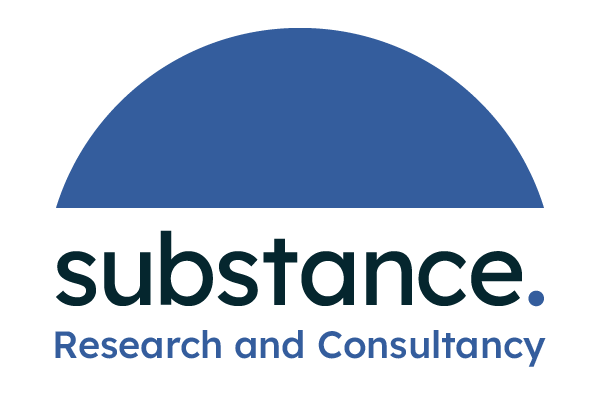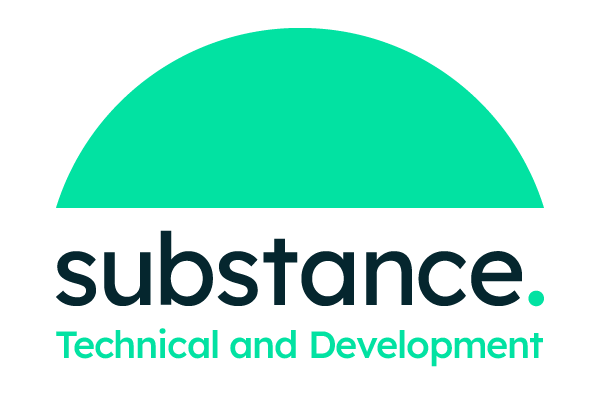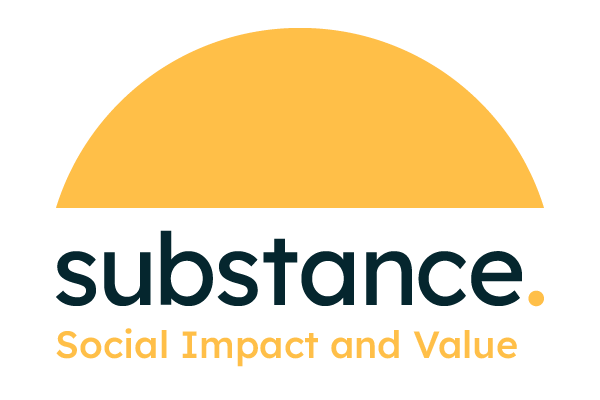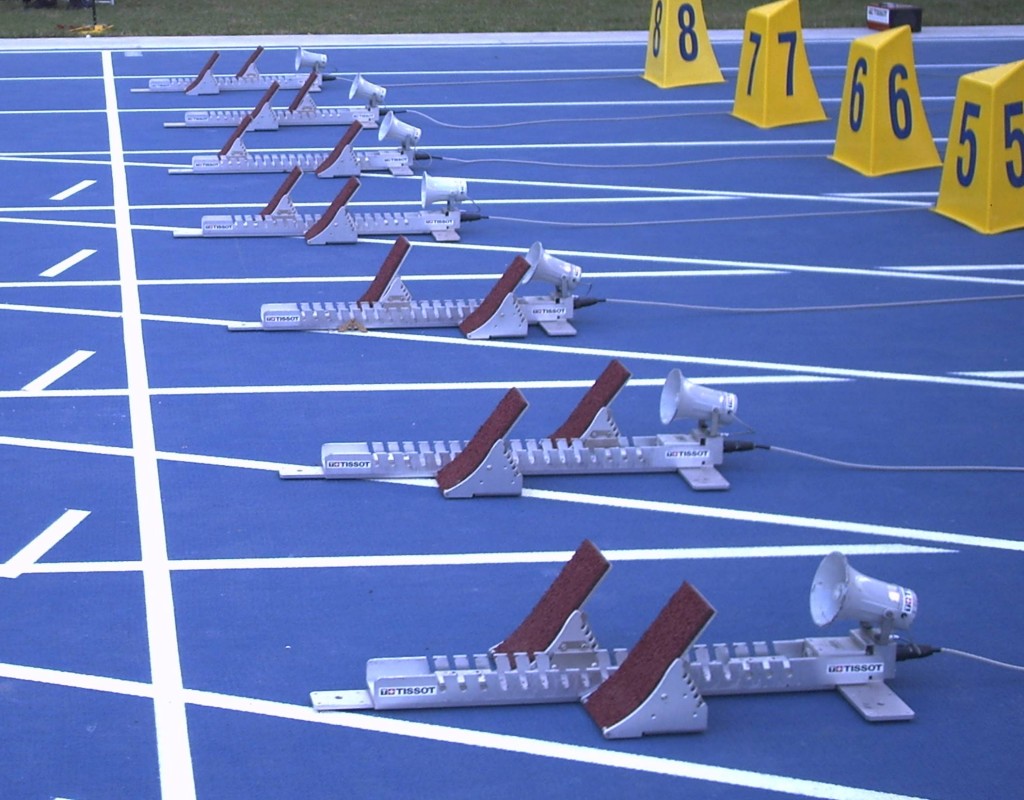
When Substance decided to stage the Whole New Ball Game Conference we committed to:
‘advocate for a new national sport for development strategy to ensure the aspirations of people living in the most disadvantaged communities were realised. A strategy where investment was made in agencies that could improve lives as well as provide evidence of their achievements’.
Six months later the Department of Culture Media and Sport (DCMS) are asking in their Sports Strategy Consultation Paper how they can use the power of sport to achieve broader positive social outcomes and whether some funding should specifically be spent for that purpose.
Coincidence? Probably.
Why? Because DCMS has had an interest in whether sport can have a positive social purpose ever since the publication of Game Plan in 2002. Back then they tentatively suggested that sport could build social capital, improve confidence and help marginalised groups to develop life skills and that the possible benefits might be improved health, educational attainment, crime reduction and social inclusion. The caveat at that time was that there was a lack of systematic monitoring and evaluation on the presumed outcomes of sport based projects and that understanding of the linkages must be improved.
Since then, the Home Office has invested over £60m in Positive Futures, the national charity Street Games was conceived of in the Department for Communities and Local Government and the Department for Education funded and supported the development of the Youth Sport Trust PESSCL Programme. These and many other organisations such as Greenhouse Sports, the Premier League Kicks programme and Sported have with our help also invested in improving the evidence base to demonstrate the links that DCMS sought.
So what might all this mean for mainstream providers of sport, particularly National Governing Bodies, as DCMS considers whether funding could be allocated differently, with more for those agencies that are able to reach people in disadvantaged neighbourhoods whilst maintaining provision for those who are already taking part?
Well, as Linda Macdonald from the Robertson Trust argued, sports development and sport for development approaches are not mutually exclusive; in fact the opposite is true. Something that is obviously well understood by a growing number of NGB’s who are already on the front foot. For example, Badminton England’s Smash Up programme with in session music, no dress code or formal coaching focuses on the personal and social benefits of sport, particularly self-confidence, concentration and behaviour. The LTA’s Tennis Foundation and the Discovery Youth Centre partnership in rural Norfolk, an area in the top 10% of the country’s most socially deprived areas, regularly attracts 300 young people a day, with many bussed in to sessions. As importantly, the programme involves working with young people who are not in education or employment, training them up to become Tennis Activators and qualified coaches. We have recently started working with these bodies and others such as Basketball England and the Cricket Foundation to help them understand what works and to demonstrate the impact of their more targeted work.
There is little doubt that the new DCMS Sports strategy will move things along further, just as Game Plan did in 2002. That strategy provided a platform for the emerging sport for development sector to innovate and secure investment which subsequently led to organisational growth and increased confidence, as well as the proliferation of many smaller volunteer agencies. Substance’s Whole New Ball Game conference is then perfectly timed to help organisations that understand the potential of sport to effect personal and social change to begin planning for the next ten years. We are looking forward to meeting some of the NGB’s we haven’t worked with yet at our conference, including Bowls, Volleyball, Canoeing, Golf and Parkour, and introducing them to those we already know well and the learning we have gathered from ten years of research and evaluation at the heart of the sport for development sector.
The early bird rate finishes on September 4th. Make sure you don’t get left in the starting blocks.

